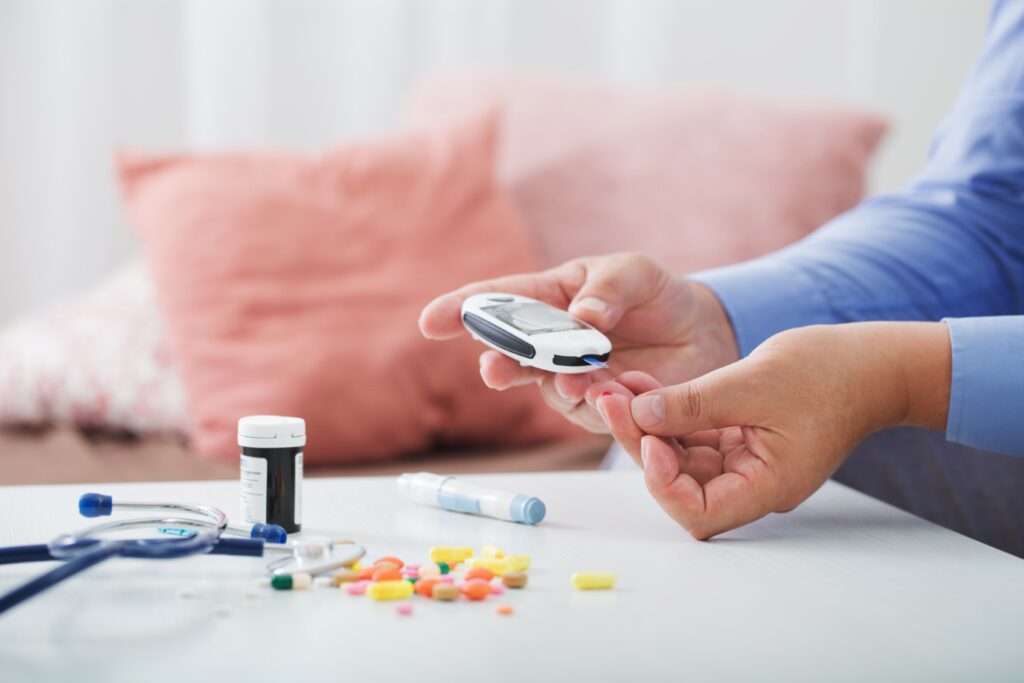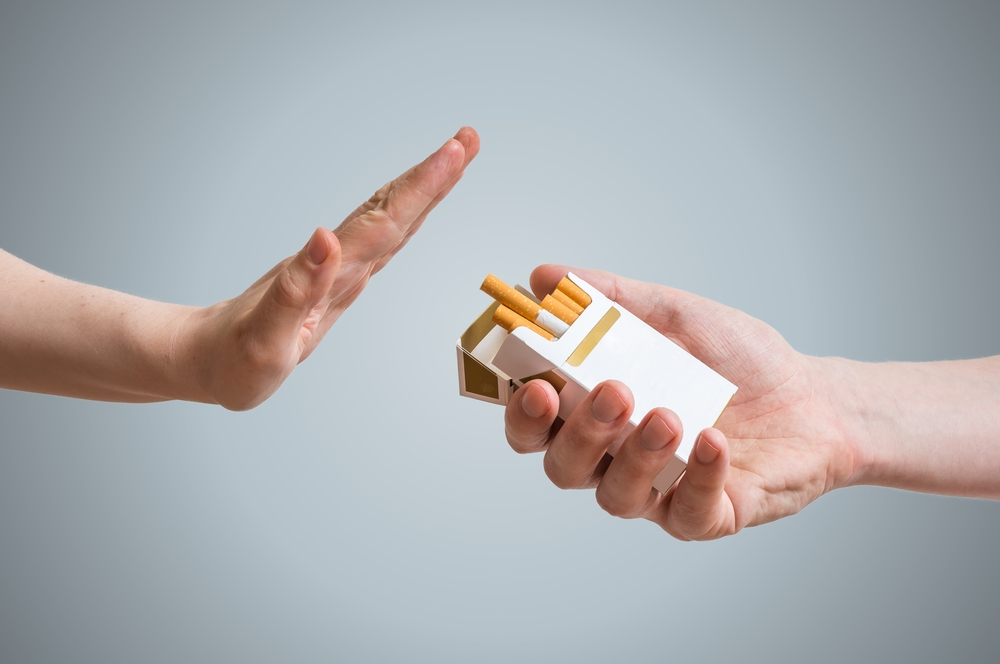Ignoring your kidneys is like ignoring your life
You are more likely to develop kidney disease if you have
1) Diabetes
Too much glucose, also called sugar, in your blood damages your kidneys’ filters. Over time, your kidneys can become so damaged that they no longer do a good job filtering wastes and extra fluid from your blood.

2) High blood pressure
High blood pressure can damage blood vessels in the kidneys so they don’t work as well. If the blood vessels in your kidneys are damaged, your kidneys may not work as well to remove wastes and extra fluid from your body. Extra fluid in the blood vessels may then raise blood pressure even more, creating a dangerous cycle.

3) Limit alcohol intake
Drinking too much alcohol can increase your blood pressure and add extra calories, which can lead to weight gain. If you drink alcohol, limit yourself and also focus more on prioritizing your well-being
4) Monitor weight and eat a balanced diet
People who are overweight or have obesity are at risk for a number of health conditions that can damage the kidneys. These include diabetes, heart disease, and kidney disease.
A balanced diet that’s low in sodium, processed meats, and other kidney-damaging foods may help reduce the risk of kidney damage. Focus on eating fresh ingredients that are naturally low in sodium, such as cauliflower, blueberries, fish, whole grains, and more.

5) Drink plenty of fluids
Regular, consistent water intake is healthy for your kidneys. Water helps clear sodium and toxins from your kidneys. It also lowers your risk of chronic kidney disease.
Aim for at least 1.5 to 2 litres in a day. Exactly how much water you need depends largely on your health and lifestyle. Factors like climate, exercise, gender, overall health, and whether you’re pregnant or breastfeeding are important to consider when planning your daily water intake.
People who have previously had kidney stones should drink a bit more water to help prevent stone deposits in the future.

6) Don’t smoke
Smoking damages your body’s blood vessels. This leads to slower blood flow throughout your body and to your kidneys.
Smoking also puts your kidneys at an increased risk for cancer. If you smoke and stop smoking, your risk will drop. However, it’ll take many years to return to the risk level of a person who’s never smoked.

7) Be aware of the number of Over-the-counter pills you take
If you regularly take over-the-counter (OTC) pain medication, you may be causing kidney damage. Nonsteroidal anti-inflammatory drugs (NSAIDs), including ibuprofen and naproxen, can damage your kidneys if you take them regularly for chronic pain, headaches, or arthritis.
8) Keep active and fit
Regular exercise is good for more than just your waistline. It can lower the risk of chronic kidney disease. It can also reduce your blood pressure and boost your heart health, which are both important for preventing kidney damage.
Walking, running, cycling, and even dancing is great for your health. Find an activity that keeps you busy and have fun.
What tests do doctors use to diagnose and monitor kidney disease?
• A blood test – that checks how well your kidneys are filtering your blood, called GFR. GFR stands for glomerular filtration rate.
• A urine test – to check for albumin. Albumin is a protein that can pass into the urine when the kidneys are damaged.
Have your kidney function tested if you’re at high risk
It’s a good idea to have regular kidney function tests. The following people may benefit from regular screening:
- people who are over 60 years old
- people who were born at a low birth weight
- people who have cardiovascular disease or have family members with it
- people who have or have a family history of high blood pressure
- people who have obesity
- people who believe they may have kidney damage
A regular kidney function test is a great way to know your kidney’s health and to check for possible changes. Getting ahead of any damage can help slow or prevent future damage.


